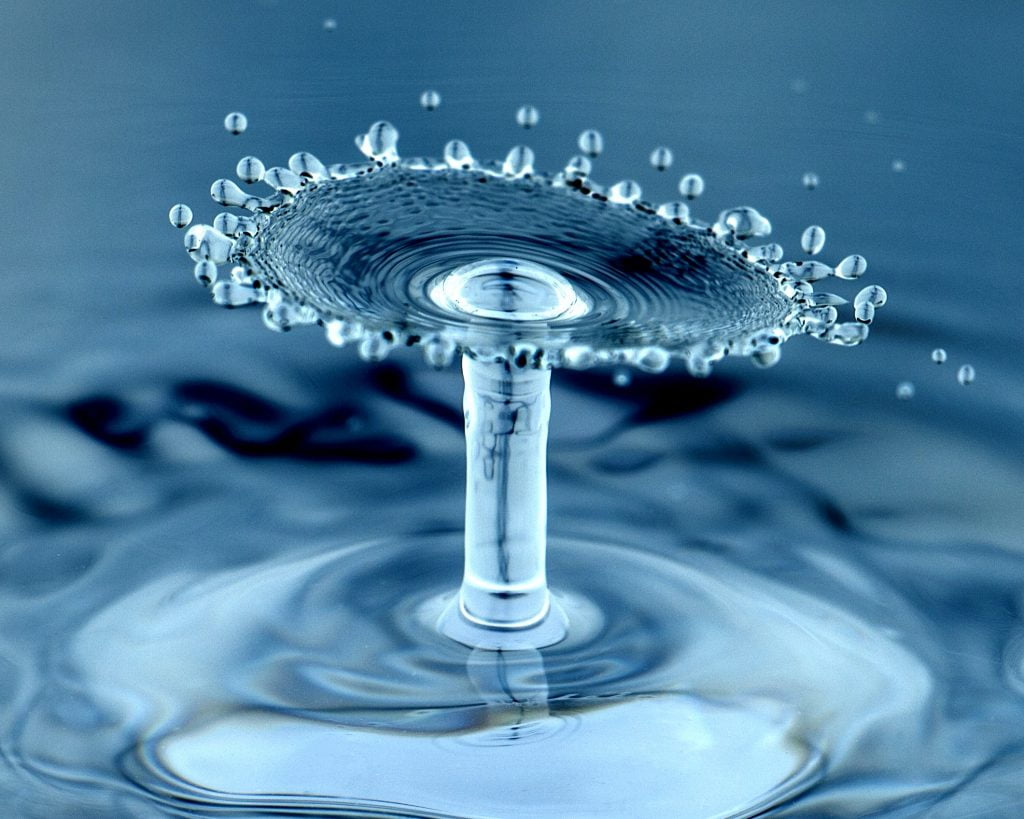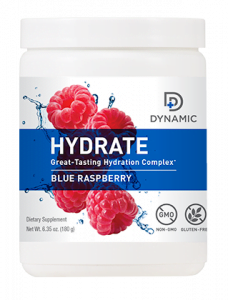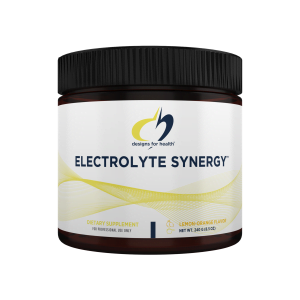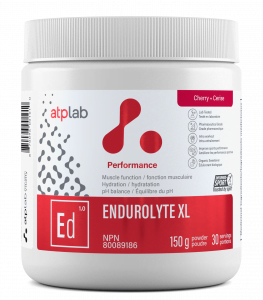From Part 1 of this series of articles, you know that a great training session shouldn’t last more than 60 minutes and that you should minimize your exposure to EMF radiation whether it is a mobile phone, a smart watch or a laptop.
In Part 2 I will discuss hydration which is a normally misunderstood and disregarded performance factor.
The first concept to clarify is that there is under hydration and over hydration, and according to research, both have negative effects on exercise performance, but more of that in a moment.
Now it is time to take a look at the facts
Dehydration:
If you are thirsty, you already have a dehydration level of about 2% and science have shown that a 2% dehydration level can decrease sports performance up to 10% and cause mental and visual fatigue.
Water Loss:
Now referring to water loss, science have also shown that:
2% water loss can decrease athletic performance by 50% and provoke headaches.
5% water loss can increase heart rate and respiration, dizziness and fainting
10% water loss can generate spastic muscles, and heart and kidney damage
15% water loss can be fatal and we have seen examples of that on different marathons
What to do
Water:
The first step is to make sure you drink enough pure, clean, filtered water. I like to use 7 stages reverse osmosis filters with one remineralizer stage and an extra alkalinizing filter. And this is not about drinking as much water as possible, because over hydration can lead to a condition called hyponatremia, which refers to low plasma sodium levels and the consequent electrolyte disbalances.
The water goal for the day is 0.04 liters / kg of bodyweight (0.61 oz / lb.), so an 80 kg (176 lb.) person should be drinking 3.2 litters (108 oz) of clean, pure filtered water per day, but that doesn’t take in count the water loss during exercise, which must be replaced as well.
In order to replace the water loss during exercise it is recommended to drink 200 – 300 ml (7 – 10 oz) of pure, clean, filtered water every 10 – 20 minutes, of course depending on factors like temperature, humidity and sweat levels.
Electrolytes:
Only drinking water won’t help you to prevent dehydration as this condition is also related to a loss of electrolyte balance in the blood and here is where a proper electrolyte supplement comes into play. Through my athletes, I have had to see the results of the use of different brands, and here are the ones I recommend and my athletes, because these products also include different nutrients that enhance the hydration process inside the body:
The dosages for these supplements are 1-2 scoops per hour during the workout, again, depending on the temperature, humidity and sweat levels. In certain occasions, under extreme weather or training conditions, it is also useful to take them post-workout in order to prevent muscle cramps.
On long duration sport events where the weather conditions can make athletes loose significant amounts of water and get a disbalanced electrolyte profile, I always advice my athletes to start using the electrolyte formula one week before the event, even if they are not training because of the tapering or the traveling, as this can help to prevent the problems mentioned before.
Sometimes, disbalances or deficiencies in electrolytes can create sugar and carbohydrates cravings, so pay attention to those feelings and act accordingly.
A home test to see if your hydration levels are enough is related to the color of your urine, and it should be pale yellow, and this doesn’t tell you if you are properly hydrated, but it tells you that you are not dehydrated. If the urine is dark yellow or even fluorescent yellow, that could be an alarming sign of dehydration.
As mentioned before, everything is about balance inside the body and now you know that drinking and replacing the right amount of water along with the use of a proper electrolyte formula, you are ensuring a great training session!
Coach Carlos Castro




